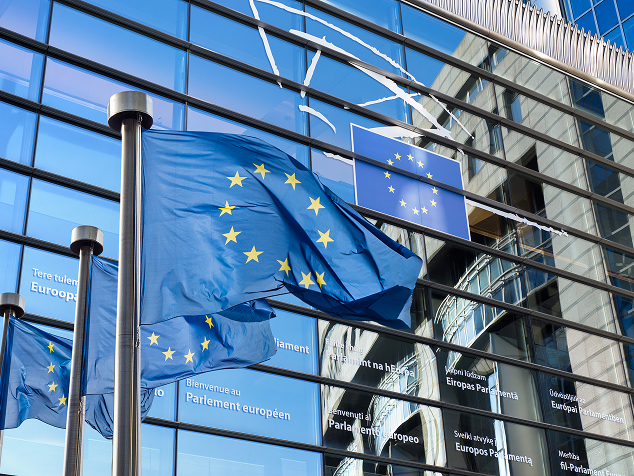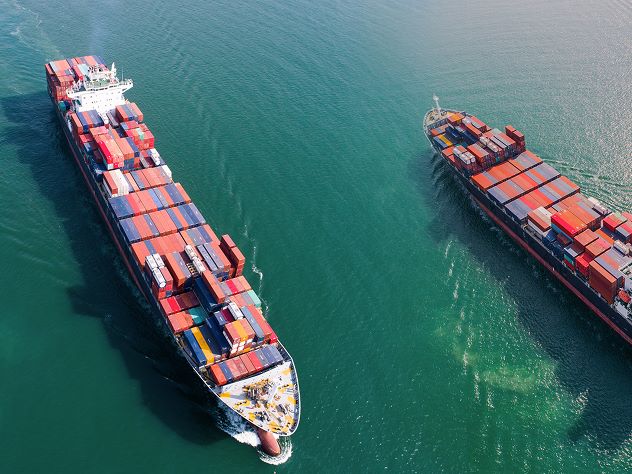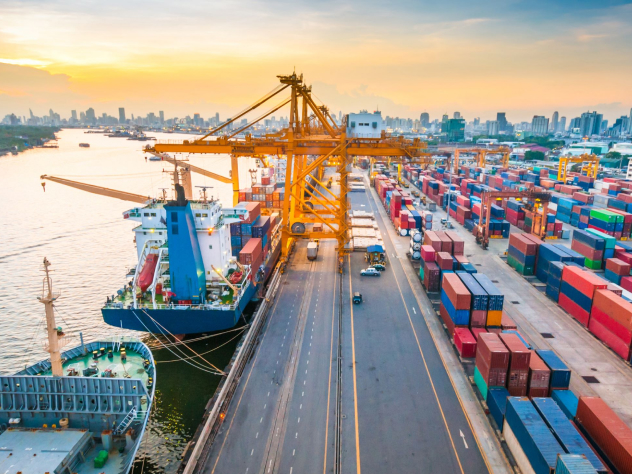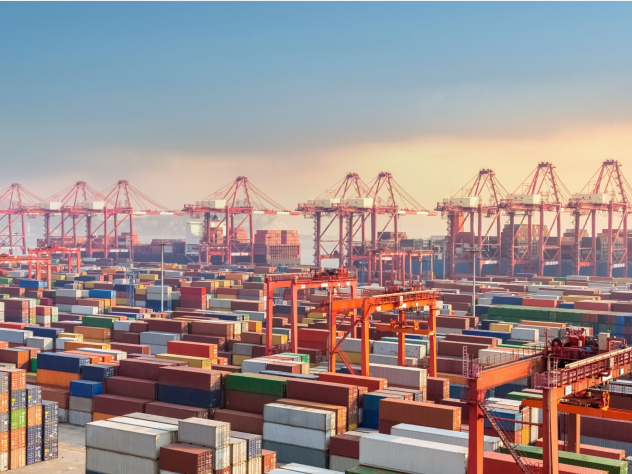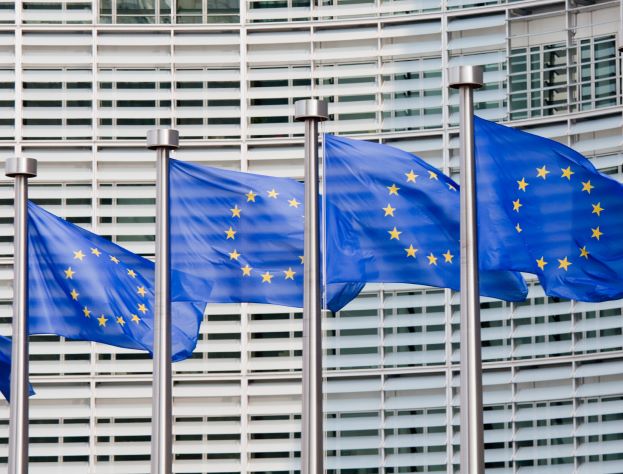Back The EU Deforestation Regulation—key implications for businesses
How to
EU Deforestation Regulation—what does it mean for your business?
Originally planned to come into force in December 2024, the EU Commission voted on postponing the enforcement date for the EUDR by one year to ensure all stakeholders are prepared for effective implementation.
This was subsequently approved by the EU Parliament, meaning that the regulation will apply to large and medium businesses from 30 December 2025 and to small and micro enterprises from 30 June 2026.
What is the EU Deforestation Regulation?
In simple terms, the EUDR aims to prohibit products that have contributed to deforestation or forest degradation from being placed on the European market or exported from the region after 31 December 2020, unless they are:
(1) deforestation-free…
(2) produced in accordance with the relevant legislation of the country of production and…
(3) covered by a due diligence statement.
Regardless of the method of entry, the EUDR ensures comprehensive coverage and applies to both traditional and online markets.
The EUDR is expected to reduce greenhouse gas emissions and biodiversity loss by promoting the consumption of “deforestation-free” products, as well as reducing the EU’s impact on global deforestation and forest degradation.
The EUDR repeals and replaces the existing due diligence regime created by the EU Timber Regulation (995/2010/EU), which applied to timber and certain types of timber products.
Who is impacted by the EU Deforestation Regulation?
Operators
In the official wording of the EUDR, operators are defined as follows:
“Any natural or legal person who places on the market or exports relevant products in the course of a commercial activity” where “placing on the market” means “the first making available of a relevant commodity or relevant product on the European Union market”.
In short, operators are:
- Importers of relevant commodities and products into the European market.
- Exporters of relevant commodities and products from the European market.
- Companies converting identified goods and products from one in-scope HS code to another in-scope HS code and placing them on the European market for the first time.
Traders
Traders are officially outlined in the legal text as follows:
“Any [natural or legal] person in the supply chain, other than the operator, who makes relevant products available on the market in the course of a commercial activity” where “making available on the market” means “any supply of a relevant product for distribution, consumption or use on the market of the [European] Union market […], whether in return for payment or free of charge”.
In short, traders are: dealers and distributors that do not import, export, or transform relevant commodities or products, but are involved in their trade and distribution in the European market.
Further guidance on how the EU defines the role of operators and traders can be found here.
Which commodities and products fall under the EUDR?
The EUDR impacts seven key commodities, including products derived from these goods.
Those commodities are:
- Cocoa
- Coffee
- Palm oil
- Soy
- Beef
- Rubber
- Wood
The regulation specifies which products fall within the scope of each commodity—referring to them as "relevant products"—according to a list of EU customs codes. Annex I lists the codes for each relevant commodity. The list will be reviewed and updated regularly.
The regulation clearly stipulates that:
- Only products listed in Annex I and made of or contain a commodity listed in Annex I are subject to regulation.
- Products not listed in Annex I are not subject to regulation, even if they contain commodities listed in Annex I. For example, even if it contains palm oil, soap will not be covered.
- Products listed in Annex I that do not contain, or are not made of, a commodity listed in Annex I are not subject to regulation.
What are the key requirements under the EUDR?
Before relevant products are placed or made available on the EU market or exported from it, operators and traders must exercise due diligence on all relevant products supplied by each supplier.
The European Commission will classify countries and regions according to four risk categories—high, standard, low, and no risk. Due to the extended implementation period, the Commission is committed to publishing this list by 30 June 2025.
The methodology behind this ranking is based on the following criteria:
- The rate of deforestation and forest degradation
- The rate of expansion of agricultural land for relevant commodities
- Production trends in relevant commodities and of relevant products
Operators sourcing commodities solely from low-risk regions will be subject to simplified due diligence obligations. Countries that fall within the no risk category will face significantly less stringent requirements given that there is a negligible risk of deforestation.
The due diligence process consists of the following three steps:

 Access to information
Access to information
To inform risk assessment, operators and traders must collect relevant information to ensure that the relevant products and commodities have not been produced on land deforested or degraded after 31 December 2020.
Their products must have been produced in accordance with the relevant local legislation and be covered by a due diligence statement. This statement should contain references to the relevant products.
How to submit a diligence statement
The Deforestation Due Diligence Statement Registry is a specialised online tool that streamlines the creation of due diligence statements for a company’s supply chains.
The registry allows operators, traders, and their representatives to make electronic statements and submit them to the relevant authorities to show that their products comply with the EUDR.
Since 6 November 2024, economic operators can register themselves in the EU’s Information System. Details on the registration process can be found on the EU Commision website.
Micro-, small- and medium-sized enterprises are subject to a mitigated regime. Details of the EUDR regime for SMEs can be found here.

 Risk assessment
Risk assessment
Operators and traders must verify and analyse the information they collect. This includes conducting a comprehensive risk assessment to ascertain whether there is a risk that the relevant products do not comply with the regulation.

 Risk mitigation
Risk mitigation
If a risk assessment indicates any risk of non-compliance, unless such risk is negligible, operators and traders are required to implement appropriate risk mitigation measures before marketing or exporting such goods.
What will EUDR enforcement look like?
The relevant EU member states' authorities will oversee EUDR compliance at the national level.
The competent authority in each member state can assess these concerns and take the necessary steps. Where appropriate, it can apply interim measures to prevent the relevant products from being traded on the EU market or exported from the region.
Individual member states determine the penalties for non-compliance. However, the EUDR outlines penalties that include:
- Fines that correspond to environmental damage and the value of the relevant commodities or products—at least 4% of the annual turnover created within the EU in the previous year.
- The relevant products concerned being confiscated.
- Revenues from transactions with the relevant products concerned being confiscated.
- Temporary exclusion for a maximum of 12 months from public procurement processes and access to public funding.
- For serious or repeated infringements there is a temporary prohibition from placing, making available, or exporting relevant commodities and products from the EU.
With the introduction of this legislation, it is crystal clear that the EU has raised the bar for responsible sourcing. Even although the EU Commission’s proposed delay for full implementation of the EUDR has been approved, businesses must start proactively adapting to this transformative policy or risk falling behind in a rapidly evolving market.
Useful Links:
EU Regulation on Deforestation-free Products
Regulation (EU) 2023/1115 on deforestation-free products
Commodities and products associated with deforestation—Annex 1
How to comply with the Regulation—due diligence
Obligations for SMEs operating under EUDR—factsheet



